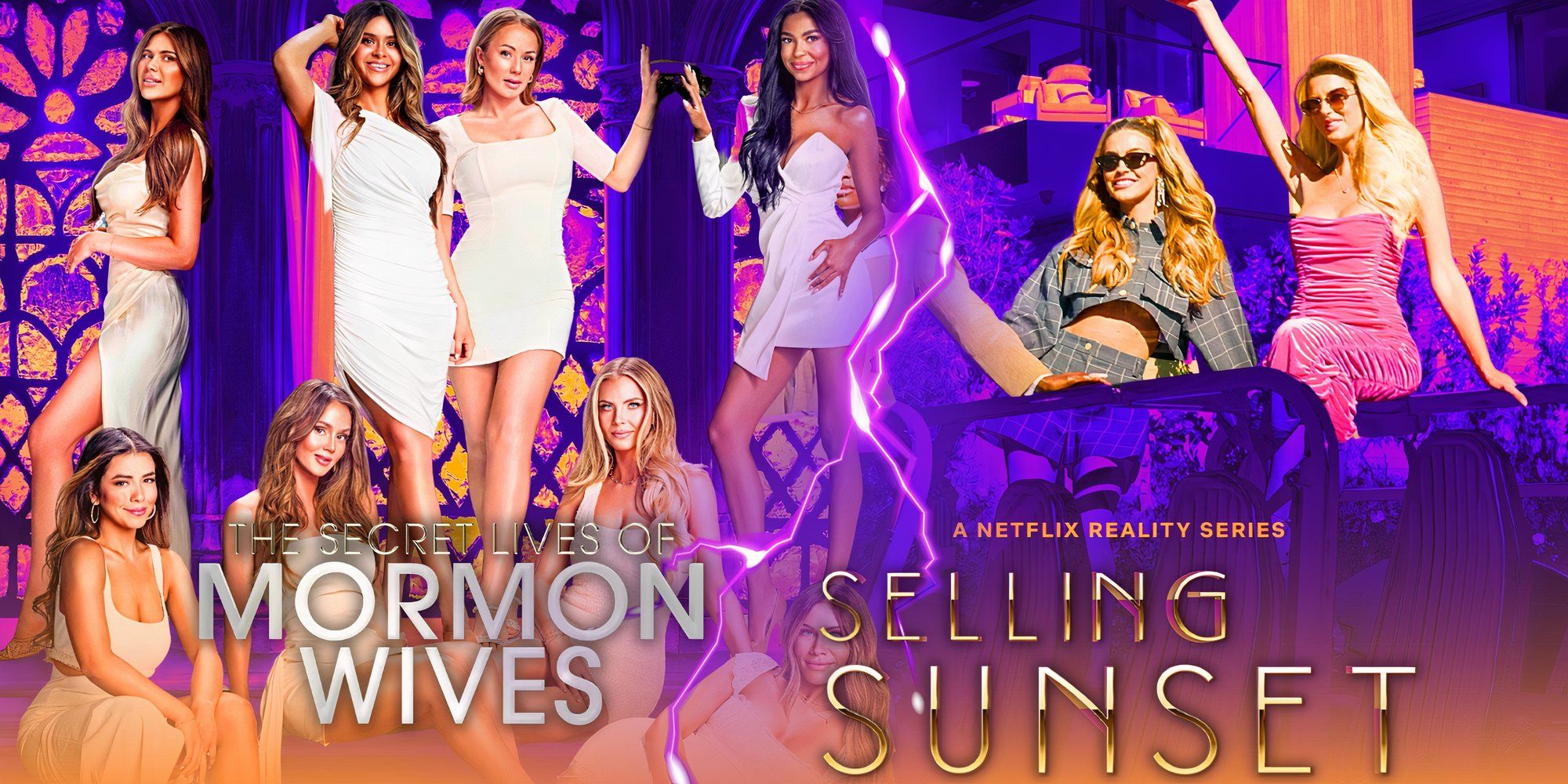Rise by Six: Your Daily Dose of Inspiration
Explore insights and stories that elevate your day.
Reality TV: The Guilty Pleasure We Can't Resist
Dive into the world of reality TV—discover why we can't resist its drama, glam, and guilty pleasures! Join the fun now!
The Psychology Behind Our Addiction to Reality TV: Why We Can't Look Away
The phenomenon of reality TV has captivated audiences worldwide, tapping into our basic psychological needs for entertainment and social connection. As humans, we possess an innate curiosity about the lives of others, which reality shows exploit by showcasing dramatic events and personal conflicts. This format creates a sense of vicarious living, allowing viewers to experience the highs and lows of the participants' lives without any real-world consequences. Additionally, the relatability of the cast can trigger feelings of empathy and understanding, prompting viewers to form emotional bonds with them, even if they are complete strangers.
This addictive allure can also be attributed to the concept of escapism. Reality TV offers a brief respite from the everyday monotony and challenges of life, allowing viewers to immerse themselves in a world of drama and excitement. Furthermore, the unpredictable nature of reality programming keeps audiences on the edge of their seats, craving the next twist in the plot. As our brains release dopamine in response to the suspense and shock, it reinforces our desire to keep watching. Consequently, we find ourselves binge-watching episodes, unable to resist the magnetic pull of the reality television phenomenon.

Top 10 Reality TV Shows That Redefined Entertainment
Reality TV has drastically changed the landscape of entertainment since its inception. Shows like Survivor and The Real World took the concept of unscripted television to new heights, captivating audiences with their raw emotions and unexpected twists. These programs not only showcased the complexities of human behavior but also introduced audiences to a diverse array of personalities. As a result, a new genre was born, paving the way for a variety of spin-offs and adaptations that have become cultural phenomena.
Here are the Top 10 Reality TV Shows that redefined entertainment:
- Survivor
- The Real World
- American Idol
- The Amazing Race
- Big Brother
- The Bachelor
- Keeping Up with the Kardashians
- The Voice
- Dancing with the Stars
- Queer Eye
These shows have not only pushed boundaries but also set benchmarks for storytelling and viewer engagement, forever changing how we consume television content.
Is Reality TV Bad for Society? Exploring Its Impact on Culture
The rise of reality TV has sparked significant debate regarding its impact on society. Critics argue that these programs often promote negative stereotypes, encourage superficial behavior, and prioritize sensationalism over authenticity. For instance, shows that focus on personal conflicts, relationships, and fame can shape societal norms by glorifying conflict and materialism, leading viewers to adopt similar values in their own lives. This phenomenon may also contribute to a culture where public attention is drawn more to personal drama than to substantial social issues, diverting focus away from meaningful discourse.
On the other hand, proponents of reality TV claim that these shows provide entertainment, reflect societal dynamics, and foster discussions on various topics. They argue that such programs can serve as a mirror of contemporary culture, highlighting issues such as diversity, mental health, and social justice. By presenting real-life situations, reality television can sometimes empower viewers to engage in conversations about their own lives and experiences. Ultimately, whether reality TV is bad for society may depend on the context in which it is consumed and the critical thinking skills of its audience.